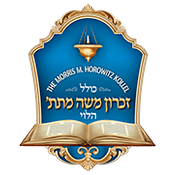Divrei Torah
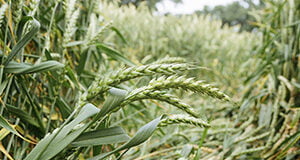
Parshas Bo 1
Parshas Bo begins with a non sequitur. Hashem tells Moshe to address Pharaoh, but does not mention a word of what he is to tell him. Moshe then warns Pharaoh of the locust swarm on the horizon, however we do not find that Hashem told Moshe explicitly that מכת ארבה was to be the next plague.
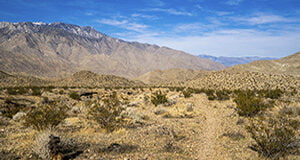
Parshas Beshalach 1
When Hashem led the Bnei Yisrael out of Mitzrayim, why did He specifically lead them into the Wilderness on a roundabout journey ‘towards’ the Promised Land, as opposed to guiding them ‘as the crow flies’ on a direct trajectory straight through the land of the Philistines?

Parshas Yisro 1
The pasuk in our parsha mentions the name of the eldest son of Moshe Rabeinu; Gershom. Moshe gave his son this name as a remembrance of the time when Moshe
Rabeinu was a stranger in the land of Mitzrayim. From the language of the pasuk…

Parshas Mishpatim 1
This pasuk begs for interpretation as it begins in the plural form “And you (plural) shall serve Hashem” but curiously finishes off in the singular form when referring to “your (singular) bread and your water.”
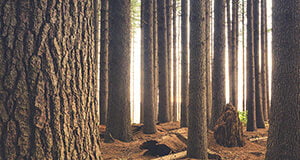
Parshas Teruma 1
The Baal Haturim points out that all the measurements of the ארון (Holy Ark) are broken into half cubits. This teaches us that anyone who learns Torah must break himself in the quest for understanding while
carrying himself in a humble fashion.

Parshas Tetzaveh – Zachor 1
In the beginning of this week’s Parsha, Hashem commands Moshe Rabeinu to create the בגדי כהונה . It appears that the garments that were to be created for the Kohanim were physical articles of clothing- as the Torah goes into great detail regarding their exact specifications.

Parshas Ki Sisa – Parah 1
There are two questions that arise here on these Pasukim. The first of which is that we know from the Gemara in Brachos that Bezalel knew how to formulate the letters with which the Heavens and the Earth were created. If Bezalel was on such a high level of understanding, why then does the pasuk praise him only…

Parshas Vayakhel Pekudei – Hachodesh 1
No less than nineteen times in Parshas Pekudei does the pasuk state that the Meleches Hamishkan (Creation of the Tabernacle) was performed “As Hashem had commanded Moshe.” After the completion of each and every stage of the building process the Torah iterates that all…
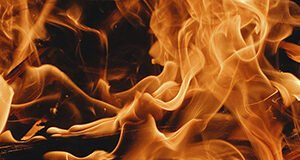
Parshas Vayikra 1
This week we begin to read Sefer Vayikra. The Ramban in his introduction explains that this is the Sefer of קרבנות (Sacrificial Offerings) and the upkeep of the Mishkan. Sefer Shemos, which we concluded last week, was the Sefer of ׳׳הגלות והגאולה ממנו׳׳ (The Exile and our Redemption.) As Sefer Shemos ends off with the אהל מועד (Tent of the…

Parshas Tzav – Shabbos HaGadol 1
This pasuk is immediately preceded by a pasuk which begins -׳׳והאש על המזבח תוקד בו לא תכבה׳׳ “The fire on the Altar shall burn on it; it shall not be extinguished.”
What is the reason for the repetition of the command that the pyre atop the Altar shall not be dimmed?

Parshas Shemini 1
The רבינו בחיי explains that two innate powers exist within us. The כח השכל (power of wisdom) and the כח התאוה (power of temptation). He explains that the superior
קדושה (sanctity) that עם ישראל possesses over the other nations stems from the fact…

Parshas Tazria-Metzora 1
The very first Rashi on this weeks Parsha brings down a Medrash in Vayikra Rabbah (14; 1). ר׳ שמלאי says that just as the creation of mankind came only after the creation of the animals and birds, במעשה בראשית , in the beginning of creation, so too, the Torah laws that relate to the creation of…
